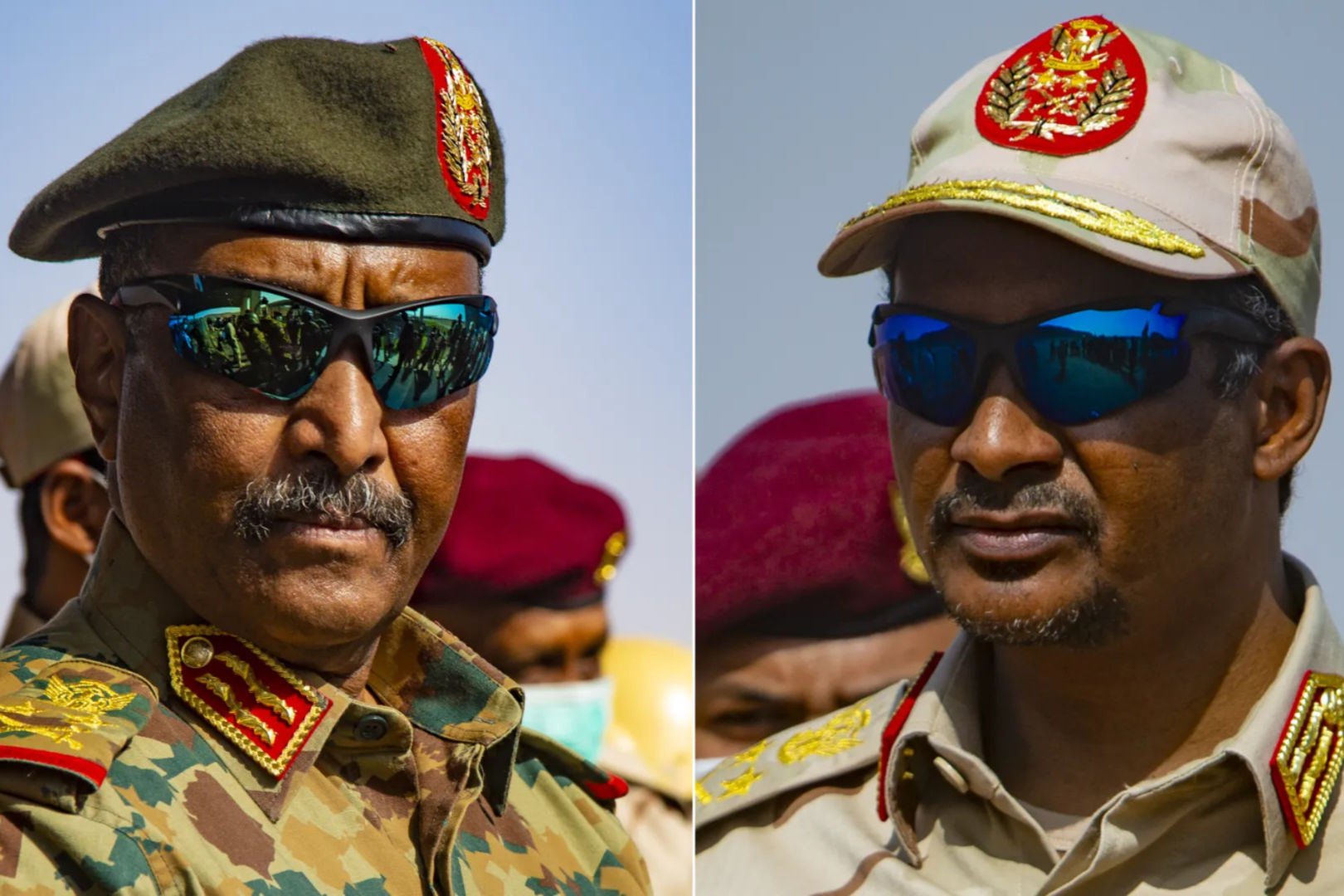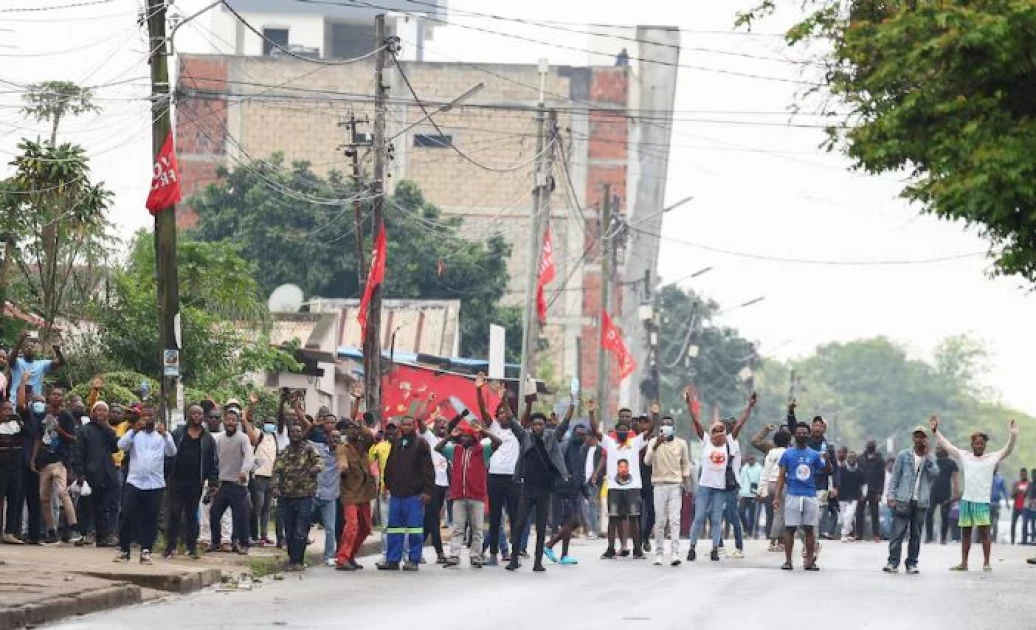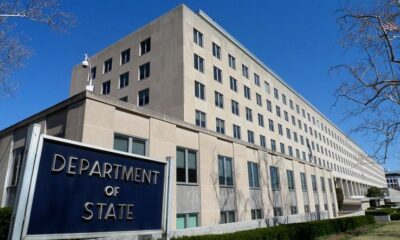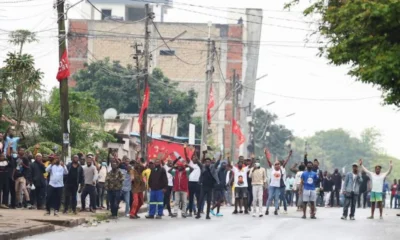Police in Mozambique fired teargas and bullets at protesters in Maputo on Monday, following the shooting of two opposition party officials on Saturday on the back of a contentious election.
The director of Mozambique’s Centre for Democracy and Human Rights, Adriano Nuvunga, claimed two journalists and a security officer were shot but not seriously hurt.
This week will see the completion of Mozambique’s national election, which was held on October 9. Preliminary results indicate that Frelimo, the ruling party, is anticipated to win again. The poll, according to opposition candidates, was rigged.
Since taking power in 1975, the country in southern Africa has been ruled by Frelimo, which dismisses accusations of electoral fraud made by civil society, opposition leaders, and election monitors.
The Mozambique Electoral Commission has refrained from commenting on allegations of fraud. Observers stationed in the United States claimed that the poll did not adhere to international norms for democratic elections, citing allegations of voter fraud, intimidation, and other problems.
“The police are turning this into a violent protest because they are firing at us. We are here to demand that the truth about the election is upheld,” said protester Vladimir Manhique, a 32-year-old car mechanic.
“This is a way to demonstrate that enough is enough. This regime must fall,” he said.
A few hundred individuals participated in the demonstration, some of whom threw rocks and set fire to red Frelimo flags in the street.
In the past, particularly last year, Mozambican police have used live bullets during political protests, citing the need to use force to quell unrest.
After the altercations with police, independent presidential candidate Venancio Mondlane declared that Monday’s nationwide strike had been properly followed and instructed the demonstrators to return home.


 Sports1 day ago
Sports1 day ago
 Metro2 days ago
Metro2 days ago
 Musings From Abroad2 days ago
Musings From Abroad2 days ago
 Metro1 day ago
Metro1 day ago























